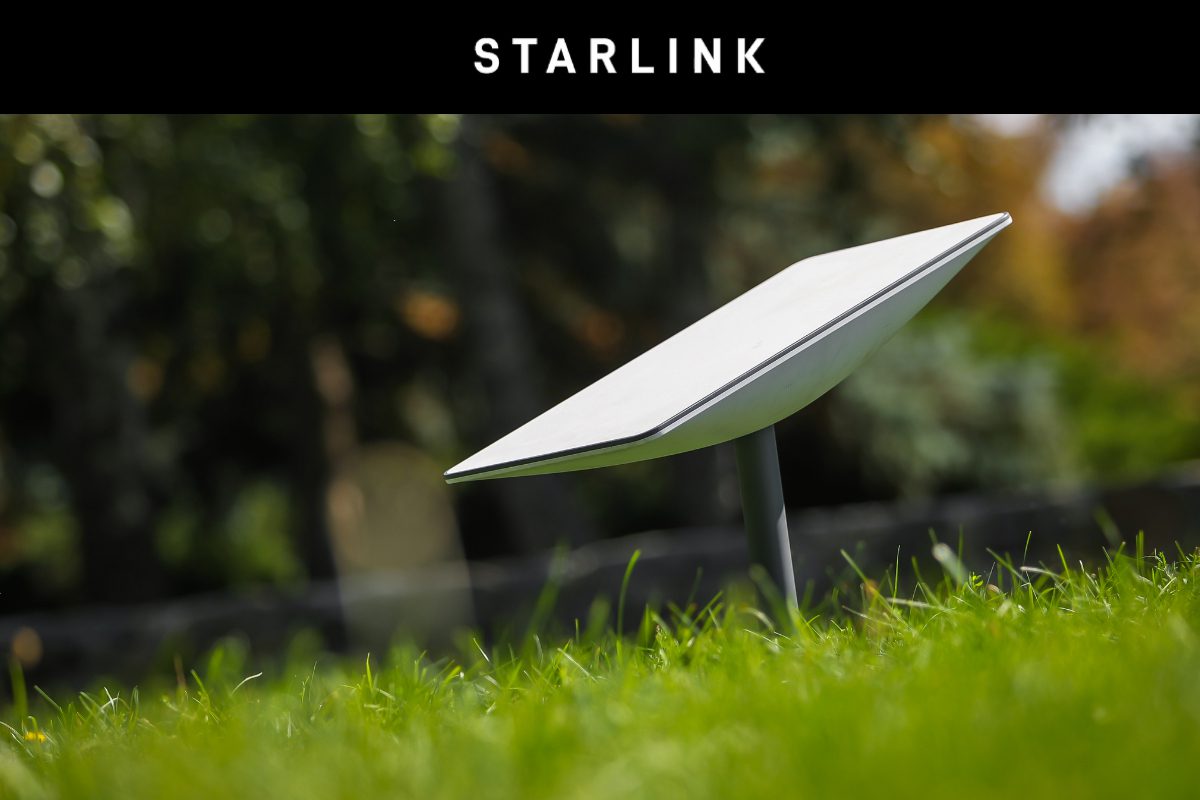Ever since SpaceX launched Starlink satellites into orbit in 2019, Elon Musk has done everything in his power to grow it into one of the largest internet providers in the world. One of Musk’s go-to sources of funding is the US government.
SpaceX has benefited the most as an independent contractor to NASA (National Aeronautics and Space Administrator) because SpaceX is the only company providing NASA with rockets they can launch into space, and it is these government contracts worth billions of dollars that transformed SpaceX into one of the most profitable companies in the world.
However, Musk hasn’t been as lucky securing government contracts for Starlink, leading the company to possibly rethink its strategy for securing government contracts. We all recall Musk’s unsuccessful attempt to persuade the US government to support his initiative to provide free internet to Ukraine at the onset of the war. Now, they have missed out on an opportunity to secure nearly $900 million in funding to bring internet access to the most remote areas of the US, a bid they have missed out on for a second time.
Earlier this week, the Federal Communications Commission stated that Elon Musk’s Starlink satellite internet service “failed to demonstrate that it could deliver the promised service” to underserved areas of the nation, leading to the company’s second rejection of its application for nearly $866 million from the Universal Service Fund for expanding broadband service in rural areas.
That was the same reason given by the FCC when it denied Starlink’s request last year, prompting this appeal. SpaceX previously won a proposal to provide “low-latency internet to 642,925 locations in 35 states,” funded by the RDOF.
Key History of the Project
Since assuming office, President Biden has pledged more equal access to the internet. But by the time it became law, his funding plan had been drastically reduced, and the final version provided no cash at all for locally operated internet service.
Following an investigation by the FCC, which concluded that the companies’ long-form financing applications did not demonstrate that they could deliver the service described in them, Starlink and another business named LTD Broadband were not awarded subsidies under the RDOF program last summer. FCC Chairwoman Jessica Rosenworcel stated at the time that “Starlink’s technology has real promise.”
However, the issue at hand was whether to utilise approximately $900 million in universal service funds until 2032 to publicly subsidise its still-developing consumer broadband technology, which necessitates that users buy a $600 dish.” In order to bring fast internet to underserved areas of the United States, SpaceX, the company that runs Starlink, was awarded the subsidy in December 2020 as part of the $20.4 billion RDOF programme.
Opinion
The Universal Service Fund aims to expand internet access in rural areas by providing affordable services to underprivileged communities in the United States. In what I can only describe as a stunning turn of events, the FCC has refused to buckle under the pressure coming from the private sector and has stood firm in its belief that neither Starlink nor LTD Broadband have the requisite ability to deliver the promised service. It is now Starlink’s responsibility to reevaluate its plans and devise a compelling strategy that will persuade the government to provide the necessary funding for this extraordinary project.
Conclusion
It is quite refreshing to see government structures and pillars uphold their duties. This is especially apparent now as more and more branches of government are beginning to be led by capitalist ideals, which taint the systems designed to keep them in check. Hopefully, more organisations under the US government will take their Que from the FCC and stand up to more of these extremely wealthy organisations.




